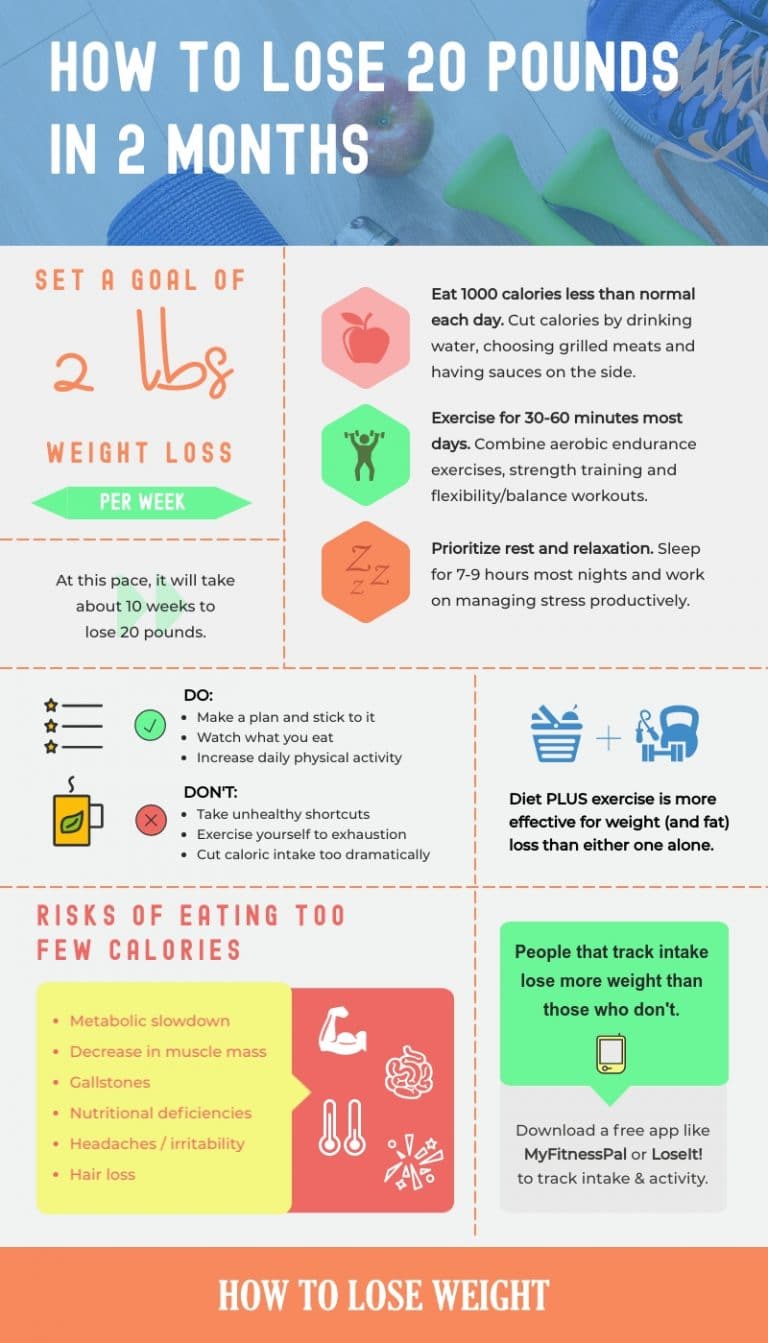Hormones and Weight Loss: What You NEED to Know
For years, we’ve been told that losing weight is a simple balance of diet and exercise. Burn more calories than you eat and you’ll lose weight, right? Maybe not. Recent research shows that genetics, hormones and weight loss may be more interconnected than we ever realized.
Human bodies are complex organisms. Unsurprisingly, then, there’s a lot of hormones that affect weight loss. Some control appetite, others determine fat storage. The big seven are: leptin, ghrelin, triiodothyronine (T3), cortisol, estrogen and testosterone. Let’s talk a little more about what each of these hormones does, and why it affects weight loss!
Table of Contents
Hormones and Weight Loss: Leptin
Leptin plays a key role in appetite and energy regulation, and therefore obesity. This chemical has been the subject of a lot of recent research suggesting that “leptin resistance” (not being able to use this hormone correctly) is a main cause of weight problems in humans.
Leptin sends signals from our fat cells to the hypothalamus – the part of the brain that controls hunger and thirst. The more fat we have, the less we need to eat (evolutionarily, at least). Leptin is the carrier of this message. So, the more fat we carry, the more leptin we send to our brains. If the hypothalamus is being signaled with a lot of leptin, it can tell the body that we’re not hungry and tell our metabolism to keep burning fat.
Unfortunately, scientists now think that many people have a breakdown in this pathway. As a result, even obese people that have lots of extra fat, still aren’t getting the leptin signals to their hypothalami. Even though they have plenty of energy stores, these people’s brains are telling their bodies to eat more and burn less. This breakdown in the body’s natural energy-regulation system may explain why it’s so hard to lose body fat – your body is actively (albeit erroneously) trying to preserve it.
So… what can you do about it? Like most weight-related problems, the solution lies in diet, exercise and lifestyle habits. Eat plenty of protein and fiber, while minimizing processed foods and simple sugars. Aim to incorporate physical activity into your daily routine and make sleep a priority.
Hormones and Weight Loss: Ghrelin
Ghrelin is kind of the opposite of leptin – it tells your brain when you’re hungry. This hormone is produced in the empty stomach and signals the brain that you need to eat more. It is higher in people who are starving, and lower in the obese. Ghrelin is not thought to contribute to obesity, but incorrect ghrelin signals can trigger you to eat when you’re not actually hungry (leading to weight gain). The main way we overstimulate ghrelin production is through sleep deprivation. If you don’t sleep enough you’re more likely to eat when you’re not truly hungry.

Hormones and Weight Loss: T3
Triiodothyronine, or T3, is a thyroid hormone. Along with thyroxine (T4), it is produced in the thyroid and helps control the body’s use of fat and other hormones. Most T3 is bound to proteins in your body, but there’s also free T3 that circulates in your blood. When your doctors measure thyroid function, they look at the levels of T3, T4 and thyroid stimulating hormone (TSH) together to see how your thyroid is working. If you have low T3, it can be an indication of hypothyroidism, which causes weight gain (among other things).
Hormones and Weight Loss: Cortisol
If you’ve been stressed lately, you might have noticed that you reach for the bread basket a lot more when you’re feeling on-edge. This is due to cortisol – our stress hormone. When we’re stressed, cortisol releases glucose (sugar, our body’s fuel) into the bloodstream. When we were hunter-gatherers, this was useful for evading threats. Now not so much, given that most stressors do not actually require increased physical activity. Increased glucose means increased insulin, which means your blood sugar drops and appetite increases. This destructive cycle ends with you eating more (usually junk food) to “fuel” your body to deal with the stressor, and eventually gaining weight if stress is long-term. Cortisol helps explain why people with high levels of chronic stress (and shift workers) struggle more to maintain a healthy weight.
Hormones and Weight Loss: Estrogen and Testosterone
Estrogen is the female sex hormone, but it also plays a role in weight maintenance. Estrogen is produced in fat cells, so people that carry more fat (especially visceral fat around their midsection) produce more of this hormone. Some studies show that this extra estrogen contributes to insulin resistance and weight gain. Other studies claim estrogen increases women’s metabolic rate and decreases fat storage. So, the verdict is still out on estrogen’s relationship with weight, but most people agree that post-menopausal estrogen dominance does contribute to weight gain.
Finally, testosterone is the male sex hormone, but women also have testosterone (just in lower levels). It occurs naturally to balance out estrogen and help build muscle. Increased testosterone can help with weight loss (and weight maintenance), but it must be coupled with decreased estrogen to produce these beneficial effects.
Do you think hormones and weight loss are related? Share your thoughts with us in the comments section below!







One form of estrogen called estradiol decreases at menopause. This hormone helps to regulate metabolism and body weight. Lower levels of estradiol may lead to weight gain.